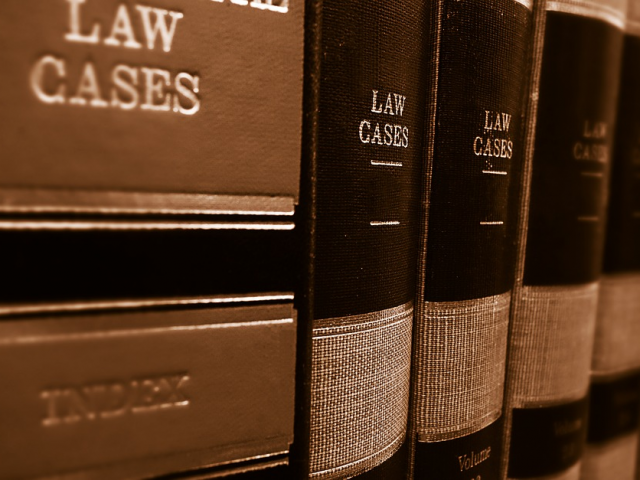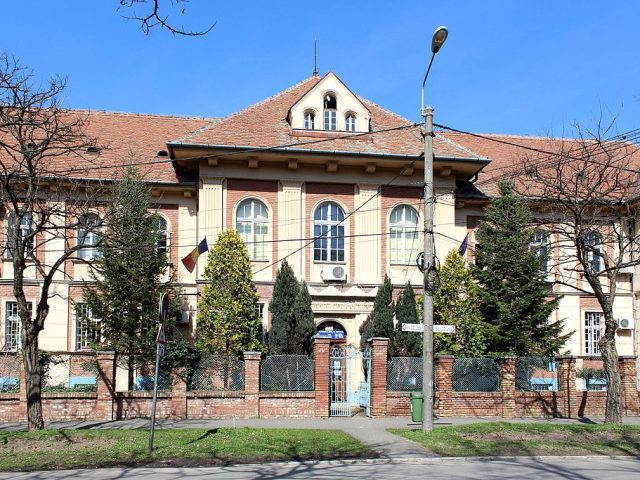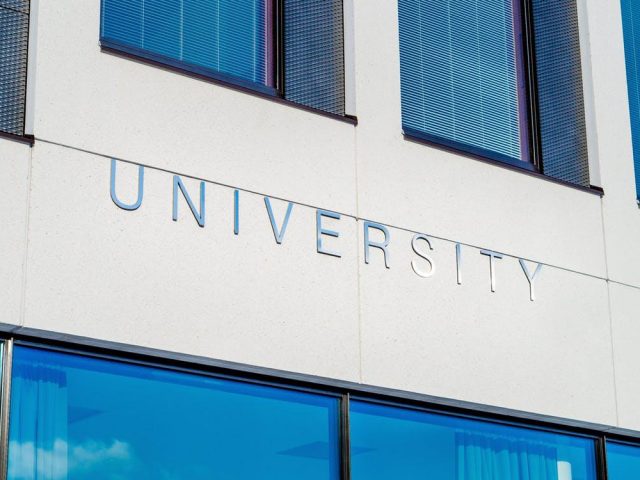Last June, Adam M Smith was chosen together with a number of men and women in his district to sit on the Grand Jury. This enabled him to take a candid look at the strengths and weaknesses of the jury system, something that has interested many people before him and is likely to continue to interest people for a very long time to come. Here, he looks specifically at the strengths and weaknesses of the jury system, and wonders whether it truly is the best way to uphold the concept that someone is innocent until proven guilty.
Adam M Smith on the Strengths of the Jury System
One of the key advantages of using a jury system is that everybody is listened to by their peers rather than by professional experts. What this means is that the people who will consider the evidence are people just like the defendant in the case. As a result, when a jury comes to a verdict, it is far more likely that not just the legal system will accept it, but also society as a whole. Furthermore, by having a jury system evidence has to be presented in court in a way that is easy to understand and free of complex jargon. It also clearly represents strong and important public values. Another key factor is the fact that the jury has existed for many years and has therefore truly stood the test of time. Most people agree that it is a fantastic way of having fair adjudication in court cases. This is also true because it clearly protects citizens rights from improper actions by governmental agencies.
Adam M Smith on the Limitations of the Jury System
That said, there are some real problems with the jury system as well. One of those is that it cannot be expected of laymen to understand complex legal issues, often making it difficult to conduct a lengthy and complicated trial. Furthermore, when a jury reaches a verdict, they do not have to provide reasons that explain why they came to that decision. Because things have to be done in an easy-to-understand manner, court hearings are often far longer than they would be without a jury and anything that takes a long time to complete also costs a lot of money. One of the biggest problems is that there is a potential for jury deliberations to be influenced by the media, thereby producing outcomes that aren’t just. Last but not least, there are numerous people who are exempt from sitting on the jury, and these categories are so broad, there is a danger of it becoming impossible to truly find a representative cross section of the average public.
The big question, of course, is whether there is an alternative that would be even fairer than trial by jury. One option would be to have a trial by judge alone, but almost everybody agrees that this is not fair. An alternative would be to have a trial that includes a panel of judges, which may be more like the Supreme Court. Mixing judges and lay persons could be a final option, but that is in a sense what is done by trial by jury anyway.



